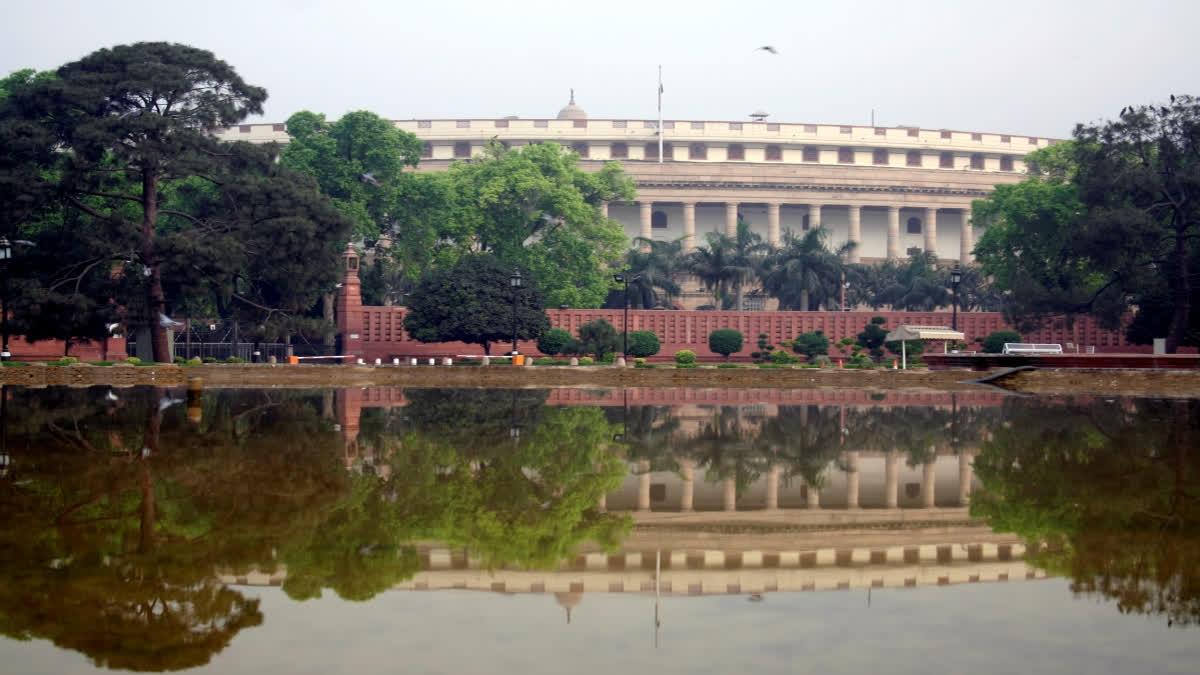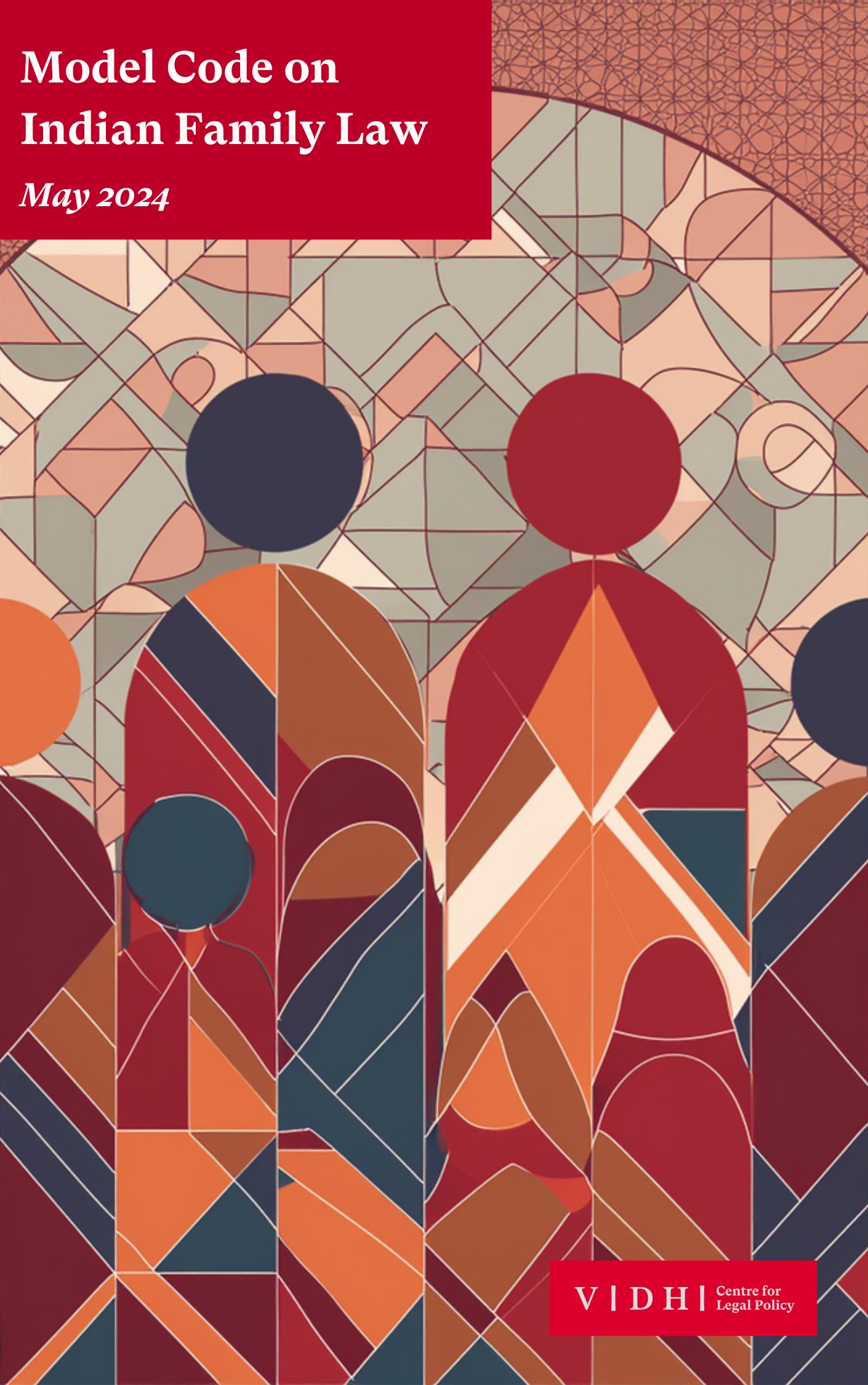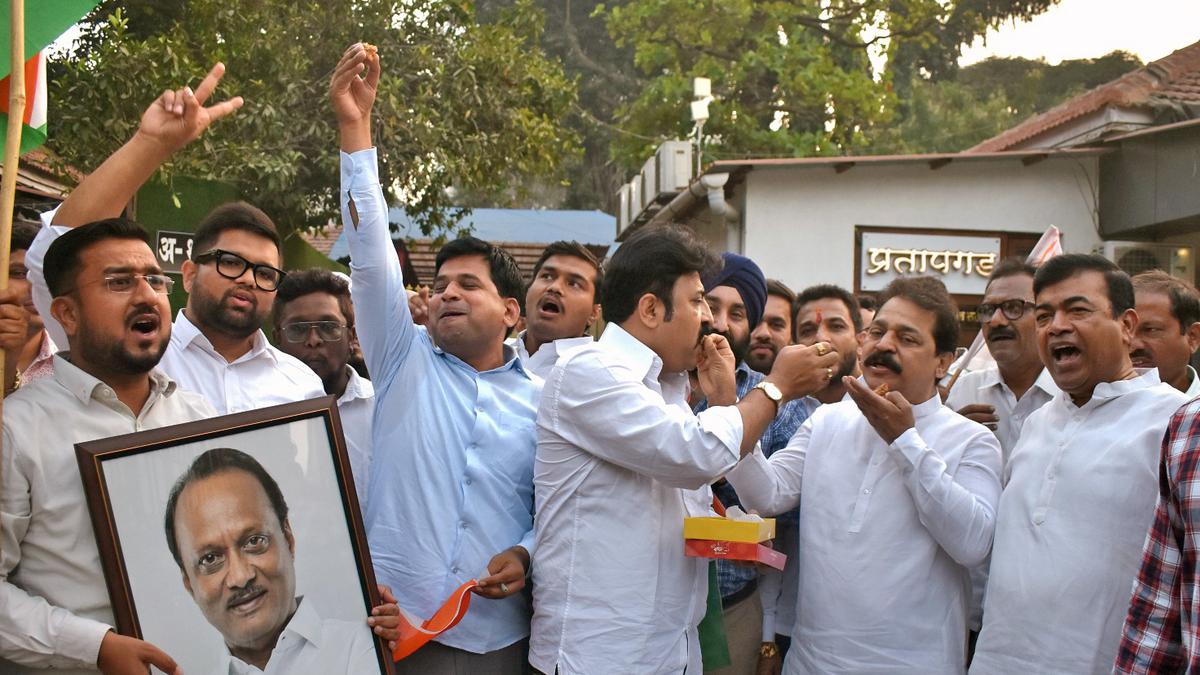
Ritwika Sharma
Ritwika is a Senior Resident Fellow and Lead at Charkha, Vidhi’s Constitutional Law Centre. Her current research is focused on comparative federalism, local governments, and electoral reforms. From 2014-17, Ritwika was a Research Fellow in the Public Law vertical at Vidhi. She advised several departments and regulatory authorities under the Government of India, on questions concerning constitutional validity of proposed legislation, legislative competence of the Union and states, and contours of the powers and functions of regulators. Ritwika also assisted the Union of India in preparing its written submissions in the National Judicial Appointments Commission (NJAC) Case. Between 2019-2020, Ritwika worked as a Research Associate at DAKSH, Bengaluru. She obtained her LL.M. from the University of Cambridge in 2018. She graduated with a B.A. LL.B. (Hons.)) from the Indraprastha University, Delhi in 2013, and the LL.M. from the NALSAR University of Law, Hyderabad in 2014. Ritwika is the co-editor of “Appointment of Judges to the Supreme Court of India: Transparency, Accountability and Independence” (Oxford University Press, 2018), a volume of essays addressing the politics, doctrine, and crucial developments pertaining to judicial appointments in India.
- Constitution
- ritwika.sharma@vidhilegalpolicy.in


